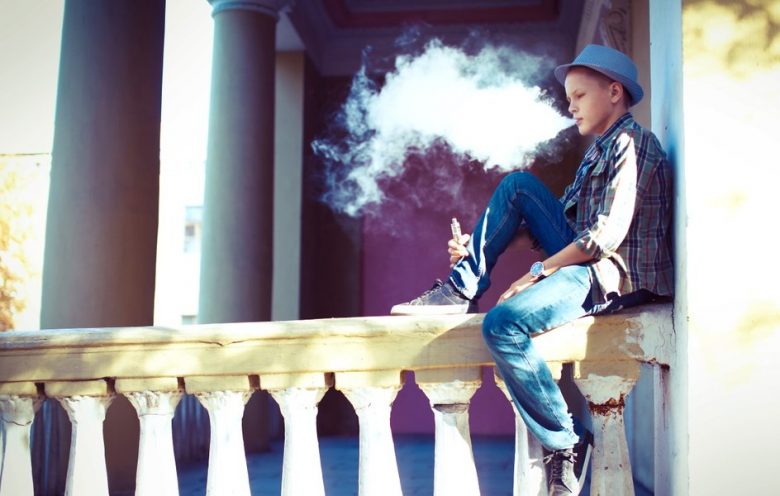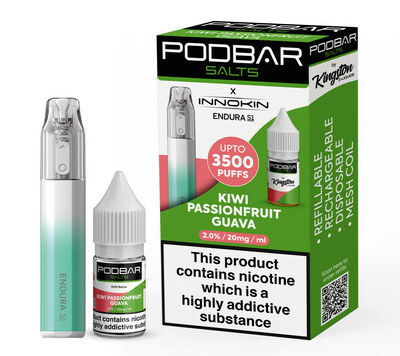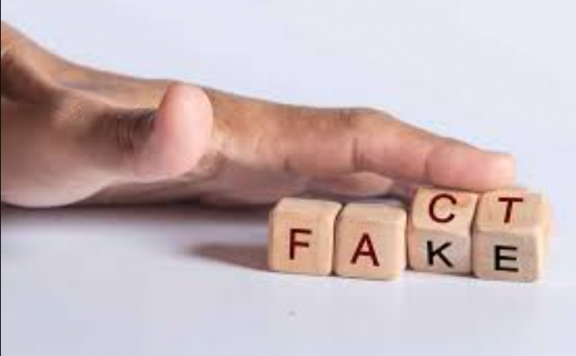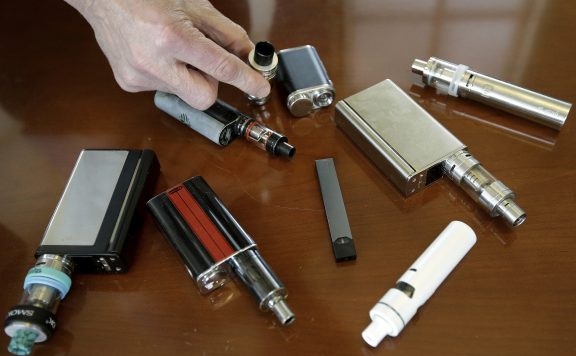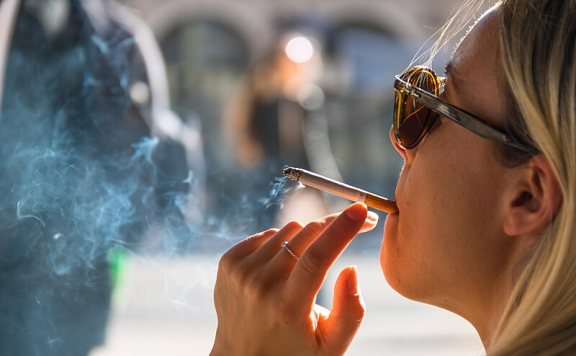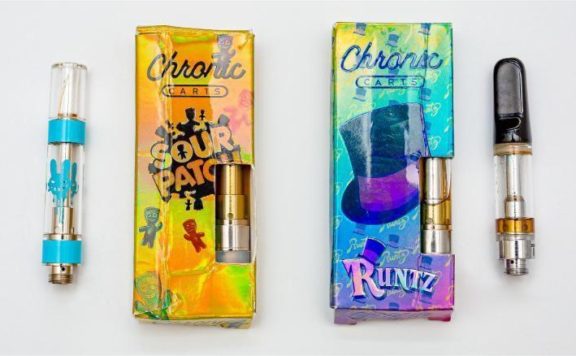What are the long-term consequences of vaping for kids? Is there any action being taken concerning it? New research reveals the extent to which addiction has spread.
Table of Contents
- Is it actually true that a growing percentage of Australian kids are nicotine addicts?
- Isn’t it against the law to market vaping devices to children?
- So, how do kids acquire them?
- Is any action being taken?
- What are the consequences of nicotine vaping?
- What should I do if I suspect my child has purchased a vape illicitly?
- Related
Is it actually true that a growing percentage of Australian kids are nicotine addicts?
Sure. Based on Generation Vape, the first national research project that targeted 700 teenagers, over 30 percent of those between ages 14 and 17 use vaping products.
We understand that nicotine is present in the majority of vaping products, although it is not always listed as an ingredient.
The Therapeutic Goods Administration recently tested 214 vaping devices, and 190 of them contained nicotine.
The Quitline is getting phone calls from teens as early age as 13, according to Mark Butler, the federal health minister.
Isn’t it against the law to market vaping devices to children?
In Australia, it is unlawful to sell any vaping product, regardless of nicotine levels, to anyone under the age of 18.
It’s also prohibited in Australia to market, distribute, or acquire a vaping device or any nicotine-containing liquid without a prescription from a doctor.
Suppliers, on the other hand, have gotten through this by attempting to remove nicotine from the list of ingredients, despite the fact that their products contain it.
So, how do kids acquire them?
Over a quarter of the adolescent survey respondents in the Generation Vape study stated that they got them from tobacconists or convenience stores.
Kids were also given vapes by other schoolchildren, pals, and members of the family who consume electronic cigarettes, or purchased the item online.
Electronic cigarettes cost between $5 and $30 and can hold dozens to thousands of dabs.
Is any action being taken?
Butler officially confirmed a federal government clampdown on the e-cigarette market on Wednesday. He stated that the TGA would first spearhead public consultations on issues such as tighter importation guidelines and stricter labeling laws.
“We should know where the current set of regulations misses the mark and what actions governments can take to change the situation,” he says.
Several state health departments also have formed teams to tackle the ever-increasing issue, which includes testing products as well as taking action on public tips. Throughout the 18 months preceding September, over 157,000 nicotine-containing vapes were confiscated in crackdowns in New South Wales alone.
Carolyn Murray, the NSW health department’s director of public health programs, stated that retail stores should “make the assumption that their products contain nicotine” regardless of whether they are labeled as such or not.
What are the consequences of nicotine vaping?
According to Prof Emily Banks, an epidemiologist at Australian National University and a renowned tobacco control specialist, nicotine is among the world’s greatest psychoactive substances.
Dr. Krista Monkhouse, a pediatrician with a youth drug and alcohol clinical services program, said that she has seen young kids who can’t survive the day, or even a night’s rest, without puffing.
According to Monkhouse, the human brain continues to develop until about the age of 25, and nicotine use during the teenage years can damage the brain’s parts that control concentration, impulse control, mood, and learning.
Nevertheless, she warns that the withdrawal symptoms could get worse.
“These symptoms include emotional distress, grief, anger, nervousness, impatience, poor concentration, and chronic fatigue.”
Giving up smoking vaping may be more difficult than giving up smoking.
Your doctor can help, however, there are also devoted hotlines where one can get advice.
Parents in every Australian state can get help from Quitline by dialing 13 78 48.
DirectLine, an alcohol, and other drug advice service in Victoria, is also available 24 hours a day, throughout the week at 1800 888 236.
What should I do if I suspect my child has purchased a vape illicitly?
If you suspect a shop is illegally selling vape products to kids, you may report them to your territory or state’s health department’s tobacco compliance officials or something similar.

